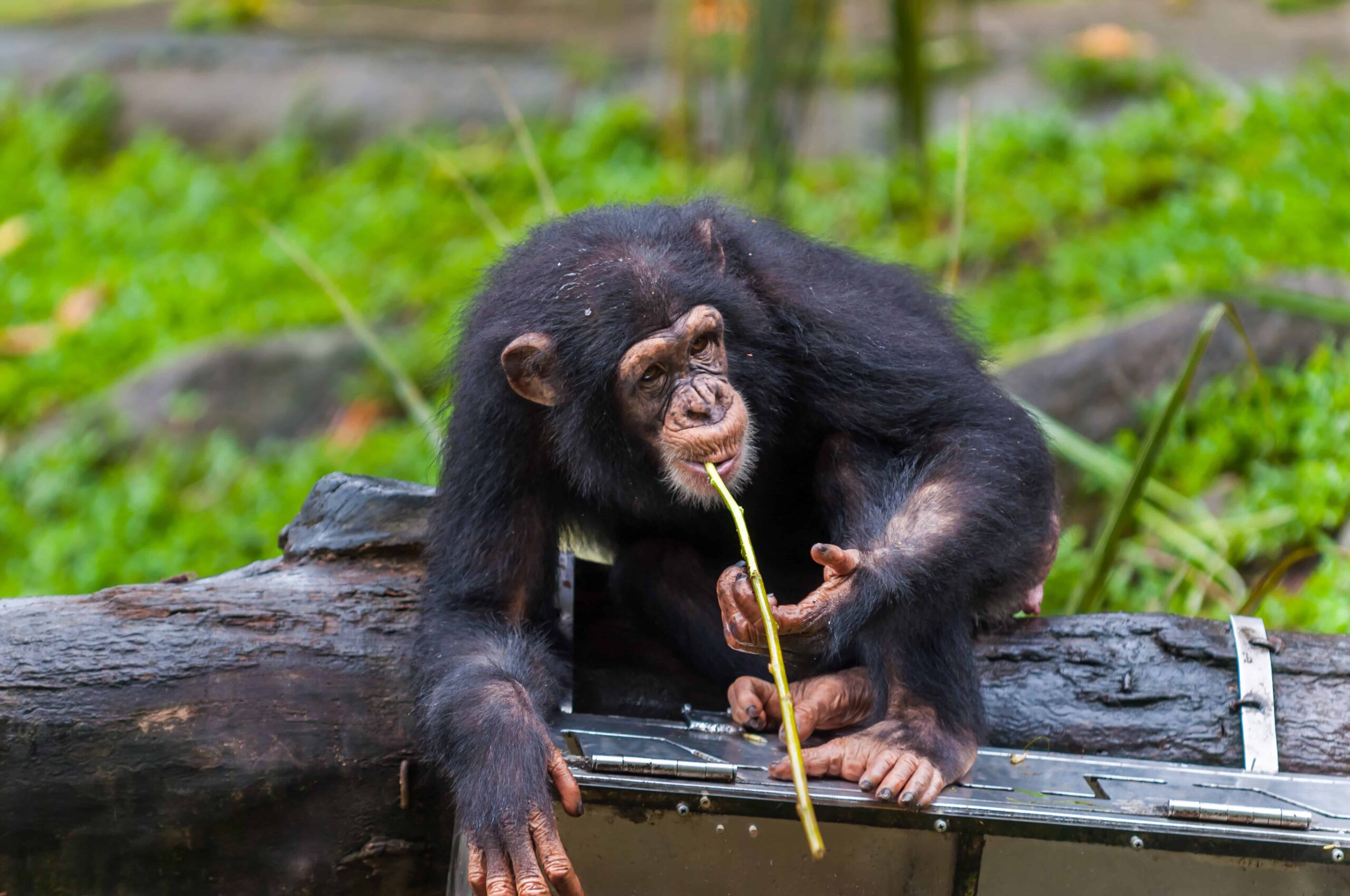How Oil Changed Texas

To paint a picture of Texas before oil, all you need is to capture vast, sweeping landscapes. You could include everything from fields of cattle and forests filled with oak and pine to seemingly endless rivers and deep blue lakes. An agrarian lifestyle and economy dominated the area, and for the most part, the future of Texas seemed uneventful.
The discovery of oil at Spindletop Hill near Beaumont, Texas, in January 1901 changed everything. This monumental event not only transformed the landscape of the Texan economy but also brought about significant cultural and political changes that continue to resonate today. It marked a pivotal moment in the history of the Lone Star State. The vast oil reserves unleashed by drillers would forever alter the trajectory of Texas' economic fortunes, proving to be the beginning of a dramatic shift from a primarily agrarian lifestyle to a booming economy.
Texas after oil
As "black gold" began to flow through Texas, it fueled an unprecedented economic boom, propelling the state into becoming one of the world's leading oil producers. This proved to be nothing short of revolutionary. Petroleum brought enormous wealth to the state, attracting investors, entrepreneurs, and workers from far and wide. Thanks to the economic boom, people from all around began settling on the land, hoping to find opportunities.
These events allowed new oil towns to t across the landscape, transforming sleepy rural areas into bustling hubs of trade and economic activity. The oil industry generated immense revenue and catalyzed the growth of everything from refining and manufacturing to the development of a complex railroad system.
Texas culture
Culturally, Texas has always been very diverse. After all, its rich and long history has brought about a number of different rulers, and its geography has made it a popular destination for those with a strong, independent nature and the desire to create their own path. However, the indelible mark the oil boom left on Texas' cultural fabric was a key factor in amplifying the versatility of the region and fortifying its association with a self-reliant spirit.
As fortunes were made and lost, a new breed of wildcatters and oil barons emerged, embodying the rugged individualism and risk-taking spirit that would come to define the Texan identity. The mythology of the Texas oilman, with their Stetsons and cowboy boots, became an enduring symbol of the state's pioneering spirit and entrepreneurial drive.
Moreover, the influx of people from diverse backgrounds seeking opportunities in the oil industry led to a rich tapestry of cultural diversity. Texas became a melting pot of different cultures, further enriching its artistic expressions, culinary traditions, and social norms.
Politically, the newfound wealth and influence of the oil industry shaped the course of Texas' governance. The state government, recognizing the economic significance of oil, implemented policies and regulations to foster its growth and protect its interests. The political clout of the oil industry reverberated nationally as Texas became an influential player in shaping federal energy policies and strategies.
The Future of Texas
Texas today is home to speakers of over 200 languages, the fifth largest port in the country (Houston), and the headquarters of 55 Fortune 500 companies, including Valero Energy, EXXON Mobile, DELL Technologies, and Tesla. Some of the largest and culturally rich cities have become an integral part of the United States.
Texas, with oil, is a new world with a promising future. Yet, change is still needed to allow for prosperity to continue. Environmental concerns like oil spills and pollution, thanks to a lack of regulation, have emerged alongside economic gains. Balancing the benefits of oil production with the need for responsible environmental stewardship has become a delicate subject and an ongoing obstacle.
From its impact on the state's prosperity to its profound influence on shaping the Texan identity, the legacy of Spindletop remains a compelling narrative that continues to shape Texas' present and future trajectory. Creative solutions to reduce excess energy consumption have not yet been implemented successfully. However, it's not too late. Building a sustainable tomorrow means getting involved in your community, learning about energy, and becoming more aware of how your actions impact the environment.
Want to keep learning about how energy shapes the world? Visit Resourcefulness.org and follow us on Instagram! Also, remember to check out Power Trip: The Story of Energy on PBS, Apple TV, and Amazon Prime.


